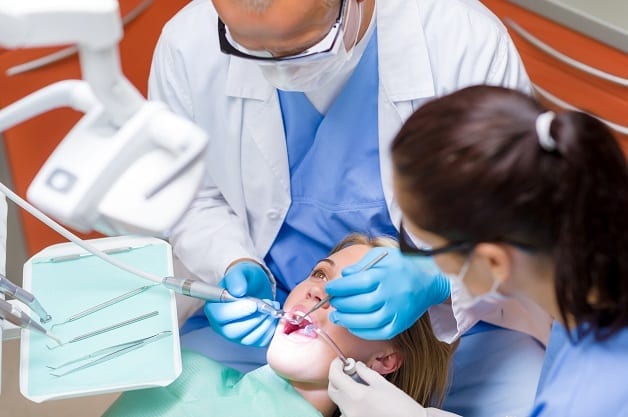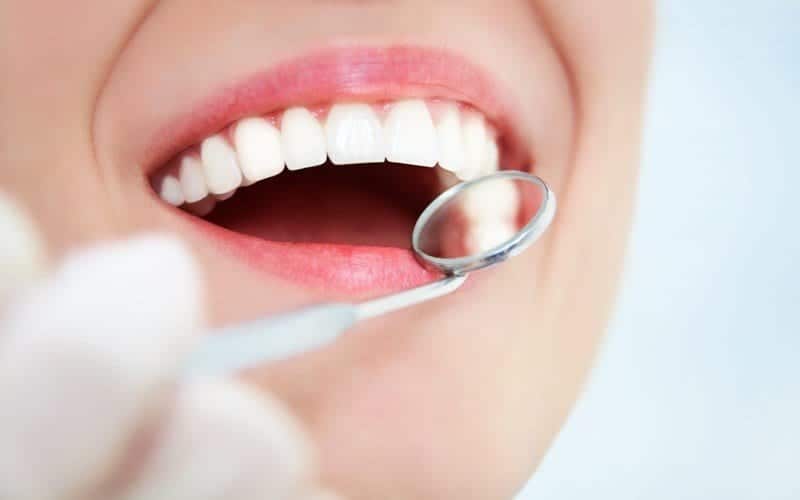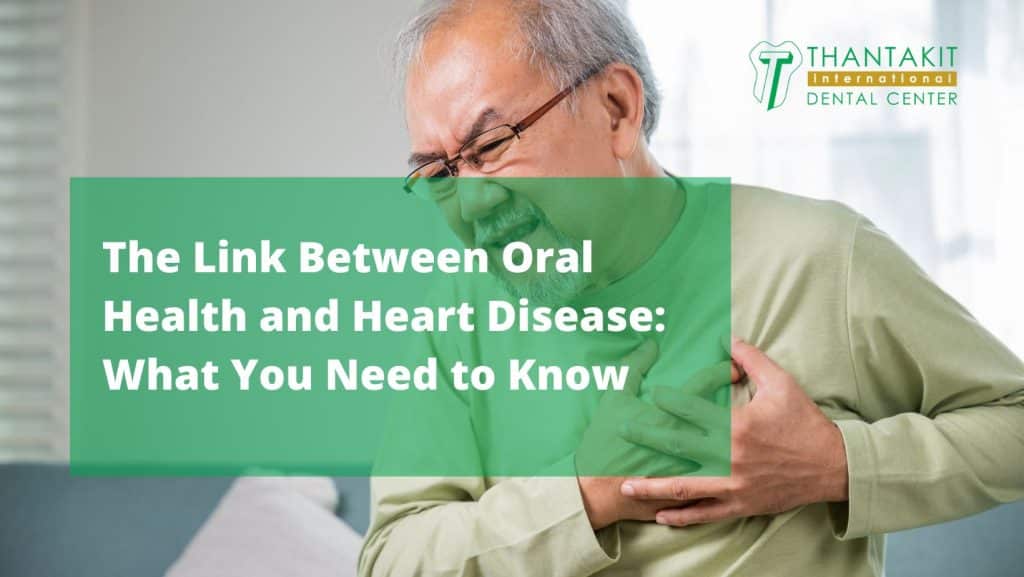Did you know that there’s more risk involved in dental and oral hygiene neglect than mere halitosis? You could have a heart attack or worse! It’s true. On top of risking losing your teeth or getting a yellow, starchy smile, you could end up with something life-threatening.
After all, poor oral health in general and gum disease (from gingivitis to periodontitis) in particular can increase your risk of heart disease and stroke.
Page Contents
Poor Oral Health and Gum Disease
Take care of your teeth to take care of your heart. It’s because oral health can lead to the buildup of bacteria inside the mouth, which can then enter the bloodstream and travel to the heart, potentially causing infection and inflammation.
In due time, the unchecked oral bacterial population will swell and affect your gum health, leading to gum disease. From there, the bacteria can enter the bloodstream through bleeding gums (a symptom of gingivitis caused by the same bacteria).
Oral Wellness is Overall Wellness
More and more people in the dentistry community are supporting the concept of maintaining oral health to ensure holistic health.
After all, approximately 80 percent of U.S. citizens are living with gum or periodontal disease, with many of them remaining undiagnosed for good measure.
The issue with gum disease is that your teeth will feel fine until the condition becomes severe enough to warrant dentist attention. Meanwhile, physician visits rarely focus on oral health maintenance anyway.
This issue might slip under the radar, resulting in the patient “suddenly” developing heart issues.
Why Are These Things Related?
There’s currently scientific evidence suggesting links between heart diseases and oral health. It’s not just a theory with no backing.
According to recent studies, oral health can provide doctors with various warning signs for a wide range of conditions and issues, including those involving your heart.
There’s also a study claiming if you have moderate or advanced gum disease (periodontitis), your risk is greater for heart disease compared to individuals with healthy gums.
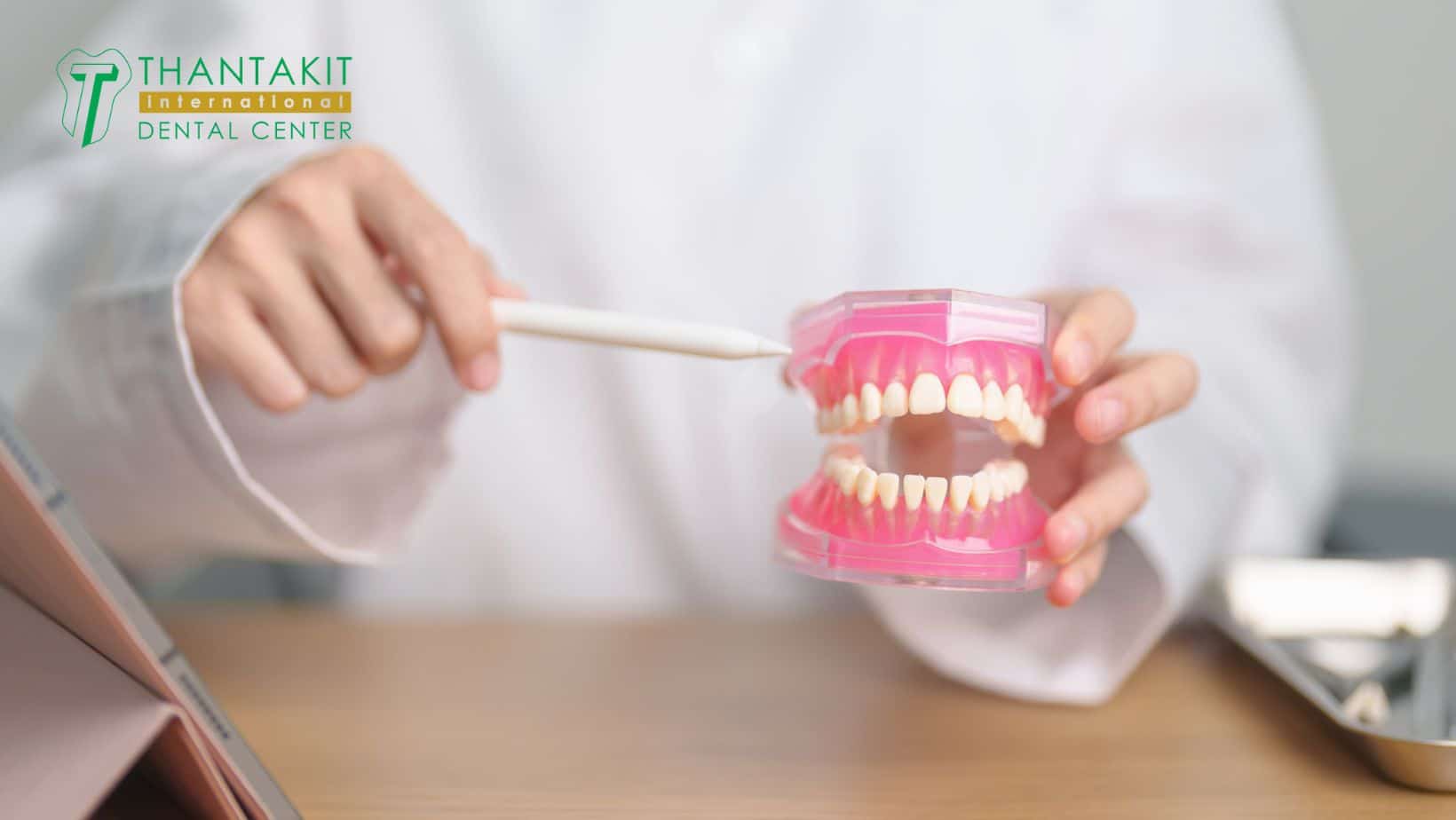
How Oral Health Affects Cardiovascular Health
It works like this. You neglect practicing due diligence when it comes to your oral hygiene, resulting in plaque and tartar buildup.
From there, this could cause a gum infection that ranges from mild reversible gingivitis to severe jaw-altering periodontal disease.
All the while, your mouth serves as a Petri dish of bacteria and germs. It can’t be helped—the mouth always has some measure of bacterial population.
Overpopulated plaque bacteria then infect your gums to make them bleed, which allows these germs to travel from the mouth to the heart via the bloodstream, resulting in infection and inflammation of your heart.
Indeed, the link between heart disease and oral health is the bacterium, plural bacteria.
Bacteria and other germs inside the mouth can spread to other parts of your body through the bloodstream via your germ-infected bleeding gums or if you have any other mouth wounds.
Bacteria is the Main Culprit
Plaque (that starchy film full of bacteria) is the main culprit behind gum infection, which also makes gums bleed. The germs inside them can then enter the bloodstream and attach themselves to the heart, resulting in heart inflammation.
The more damaged or compromised your heart is, the more susceptible it is to oral bacterial infection from the bloodstream.
Bacteria in the heart can even cause a serious infection known as infective endocarditis, which occurs whenever bacteria enter the bloodstream and attach to the heart lining, often where there’s pre-existing damage.
Indeed, when the bacteria reach your heart, they can attach to any existing damaged area of the organ, causing inflammation. A host of illnesses can then occur from this infection of the heart’s inner lining.
Symptoms can range from sudden, severe acute endocarditis to a slower, less severe subacute (between acute and chronic) form of the condition.
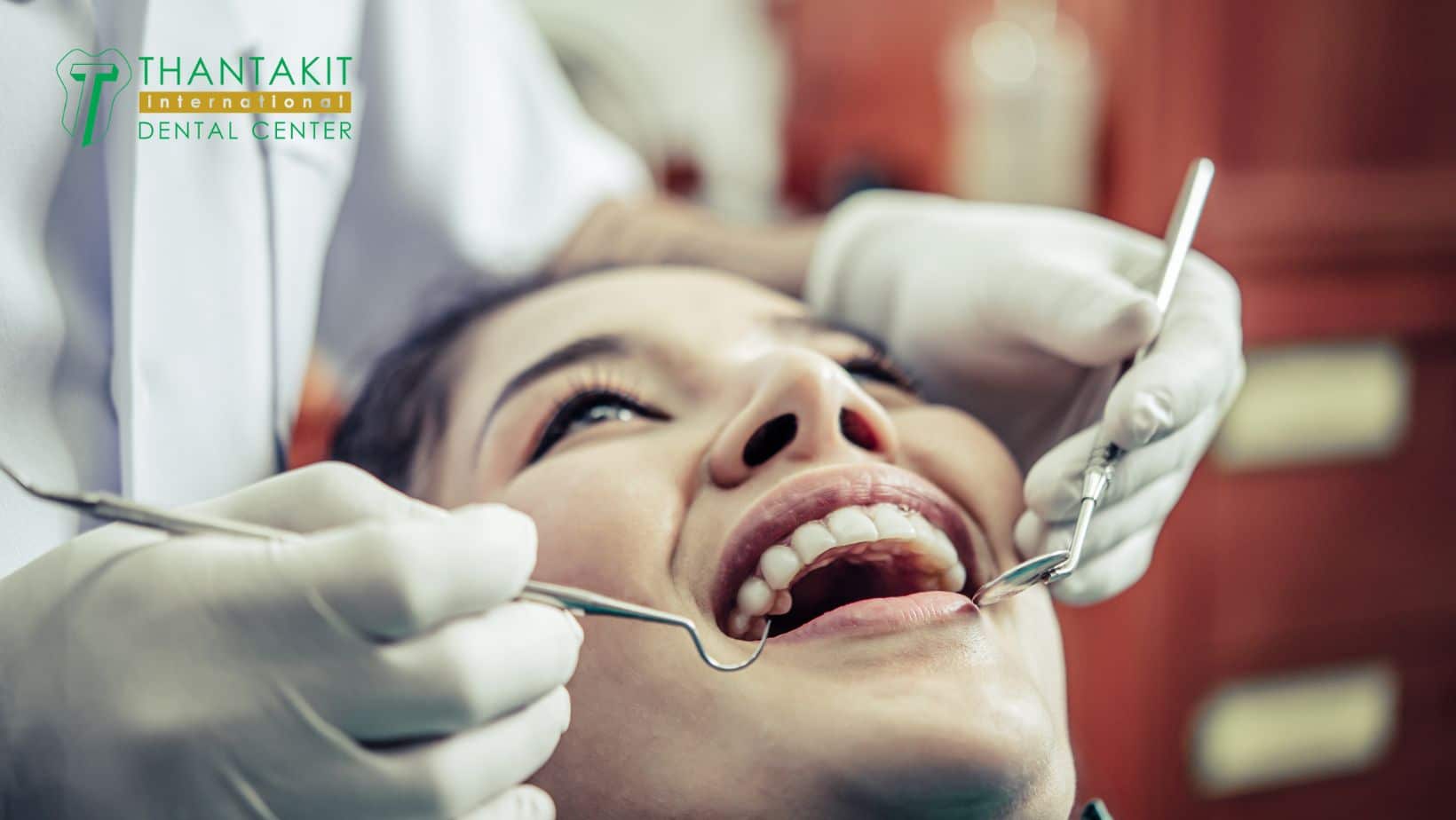
The Bloodstream is the Key to This Dilemma
The link between oral health and heart disease is simple—it originates from bacterial spread. If you were to neglect your oral health by not brushing twice daily, flossing once daily, and using mouthwash occasionally, this can cause the spread of plaque.
Gingivitis-causing germs are likely to travel to the heart from the bloodstream because bleeding gums are one of the symptoms present in even the mildest of gingivitis.
If and when the bacteria reach your heart, they will seek and attach themselves to any previous wound or injury in its lining, leading to inflammation, stroke, and other complications.
You should avoid letting your gum disease worsen at all with daily dental hygiene because of potential cardiovascular complications down the line.
Diseases Indirectly Caused by Infected Gums
Once bacteria travels from your mouth to other parts of your body through the bloodstream care of bleeding gums or mouth sores, it could reach the heart and inflame it and cause a host of complications.
-
Inflammation: Inflammation is your body’s immune response to excess bacteria in your mouth. Gum infections cause blood vessels to swell and become susceptible to sores, pain, and bleeding, leading to cardiovascular complications.
-
Endocarditis: In some cases, the oral bacteria can infect the heart’s inner lining or valves, causing a serious infection called endocarditis. You should not take this condition lightly because it’s potentially life-threatening.
-
Stroke: It’s horrifying to imagine, but oral hygiene neglect can indirectly lead to stroke. Once the bacteria are in your bloodstream, they can cause inflammation to the arteries themselves, which raises your stroke risk.
In turn, a stroke or “brain attack” happens whenever a blockage (such as inflamed arteries) deters the supply of blood to parts of your brain or whenever a blood vessel in the brain bursts.
-
Atherosclerosis: According to the American Heart Association, blood vessel inflammation can also lead to atherosclerosis or clogged arteries along with huge cholesterol consumption in your diet.
Your risk of getting a buildup of fats, cholesterol, and other substances in and on the arterial walls can increase significantly by having bad oral hygiene.
Therefore, you should reduce your risk of such cardiovascular illnesses by brushing your teeth twice daily—once after lunch and a second brushing after dinner, before you sleep. Also, floss every day. Make it all a habit!
Oral Health Risk Factors that Affect the Heart
Risk factors are actions, illnesses, or traits that can increase your likelihood of getting sick or injury. In this case, here are the oral-based risk factors linked to heart disease.
-
Poor Oral Hygiene: Neglecting to brush and floss regularly and not getting regular dental check-ups can lead to gum disease, which in turn could cause heart issues via gingivitis bacteria traveling through the bloodstream.
-
Gum Disease: Gingivitis or gum inflammation and periodontitis or advanced gum disease are major risk factors for heart conditions and stroke.
-
Pre-existing Heart Damage: Neglecting oral hygiene can worsen the risk for additional heart conditions, particularly in individuals with preexisting cardiovascular issues.
A damaged heart or a heart that has a lot of mileage to it is more likely to develop more conditions if you’re inconsistent with your oral hygiene regimen.
-
Other Causes for Concern: Other heart risk factors include smoking, hypertension, high cholesterol, and diabetes. These conditions can increase the risk of gum and heart disease.

Who Is at Risk?
The people with the highest risk of heart disease caused by poor oral health are those with chronic (i.e., persistent and recurring) gum conditions such as gingivitis and periodontal disease.
They could have one or more gum disease symptoms that have gone undiagnosed and unmanaged.
As discussed above, the more severe your gum disease is, the more likely its germs can enter your bloodstream and attach themselves to blood vessels or the heart.
That’s right—cardiovascular disease can occur not only when the bacteria latch themselves to the heart. They can also induce it by latching onto blood vessels to inflame them.
Even if gum inflammation isn’t noticeable, you might still be at risk for gum disease care of inadequate oral hygiene. A dentist might be called for in such instances.
The last thing you want to happen is for the bacteria to migrate into the bloodstream to cause elevated C-reactive protein (the inflammation marker for blood vessels). This can exponentially increase your chances for heart disease and stroke.
Symptoms and Warning Signs of Gum Disease
According to The American Association of Periodontology, you might have gum disease (and a neglectful oral hygiene regimen) if you display any or several of the following symptoms:
-
Whenever you floss, brush, or even eat, your gums bleed.
-
You have sore, swollen gums with red instead of pink coloring.
-
You notice signs of infection around the teeth and gums like pus pockets.
-
If your teeth’ roots are exposed because your gums have receded or pulled away.
-
You notice a bad, sour taste in your mouth, and you frequently have bad breath you can’t gargle away.
-
If some of your teeth feel mobile or loose, as though they feel like they’re moving away from your other teeth or they’re about to fall off.
It’s important that if you do have symptoms of gum disease, you’re aware enough to alert the dentist about it. The dentist won’t know what to look for unless you specify that you’re worried about your gum health (and also your cardiovascular health).
If you’re just there for dental cleaning, don’t expect the dentist to read your mind and figure out what you need to treat your gingivitis.
What Can You Do About It?
Here are some things you can do to prevent heart disease from oral health neglect. Can you guess what they are? Hint: It has something to do with having the due diligence to not overlook your oral health!
-
Practice Good Oral Hygiene: Prevent the development of even mild gingivitis by brushing your teeth twice a day, preferably after every meal so that you won’t forget. Make it a habit.
You can also use fluoride toothpaste for good measure because fluoride prevents tooth decay by making the enamel more resistant to the action of acids from the waste products of a mouth teeming with bacteria.
-
Get Dental Check-ups on a Regular Basis: Your dentist knows best. See your dentist regularly to have professional-level mouth cleaning and check-ups on the state of your oral health.
Mitigate your heart issues by catching and treating gum disease early. You won’t only ruin the aesthetics of your smile by being lackadaisical with your dental and oral maintenance.
-
Manage Any Risk Factors You Have: Control your blood pressure, cholesterol, and blood sugar levels and quit smoking. Being overweight also implies you’re eating more, which requires you to also not miss dental hygiene.
Diabetics already have enough concerns about nerve and blood vessel damage. No need to compound it with heart issues!
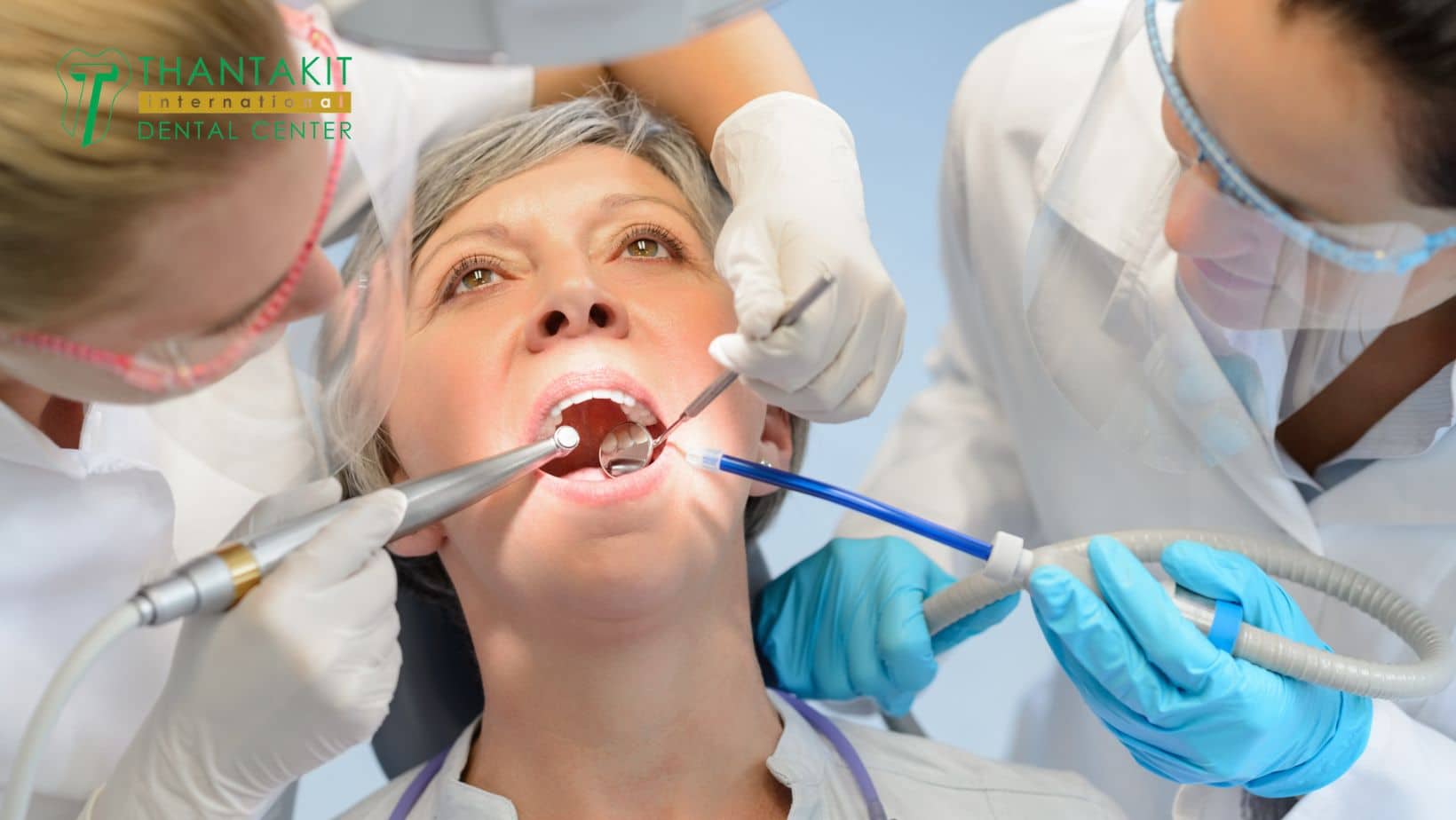
How Can Thantakit Help?
While the link between oral health and heart disease can be handled by a Thantakit expert, you might feel like it’s more affordable to consult with your local dentist.
Going the local route might be the first thing on your mind instead of availing of Bangkok or Thailand dental tour services from far away.
-
Local Route: Many would rather consult with the nearest doctor in the case of oral checkups because the root cause of this issue is dental and oral neglect, which is fixable and reversible on the local level.
-
The Package Deal: Then again, you might be interested in lowering your heart disease risk while having a wellness vacation in Thailand as part of the package deal (like having full-arch reconstruction mixed with a dental checkup).
-
A Huge Investment: Yes, traveling to Thailand can be a huge investment on the part of foreign patients in terms of the money spent and the hours of air travel involved, which is why they’d rather go local than international.
-
Needs More Than a Local Solution: However, if you find out that you have advanced gingivitis or periodontitis, it might be worthwhile to travel to Thantakit to avail of cost-effective deep cleaning, scaling, and root planing in Thailand.
-
The Practical Choice: If you’re going on a Thantakit or Bangkok dental tour anyway for a separate issue, you can also take care of your oral and cardiovascular health checkup while there. Doubly so to deal with gum disease.
-
What Thantakit is Known For: If you’re from the U.S., Latin America, Europe, Australia, or Asia and you wish to get affordable implant dentistry or orthodontics from Thai dental tourism, Thantakit can be a valuable resource.
-
Thantakit Has State-of-the-Art Facilities: Thantakit can also help with mitigating gingivitis-based heart disease risk with their digital scans and check-ups that can coincide with your more major investment operations.
-
Gingivitis and Periodontal Treatment: Check their prices when it comes to gum disease treatment. The savings you’ll get might be worth the trip alone, plus you can have some vacation time in Thailand for good measure.
Observe Proper Oral Hygiene to Avoid Heart Problems
Poor oral health where you don’t brush away plaque on your teeth’ surface regularly could lead to a slippery slope that ultimately results in heart inflammation, stroke, and various cardiovascular diseases.
Take care of your teeth and gums to prevent not only tooth decay but also severe gingivitis and heart problems. It’s true; you can develop issues like atherosclerosis, and endocarditis by simply being neglectful of your oral health!
In any case, if you need affordable in-office deep cleaning, dental checkups and digital x-rays using state-of-the-art equipment, orthodontics, implant surgery, and dental restorations, you can count on us here at Thantakit!
Thantakit International Dental Center is Thailand’s longest established dental center. Situated in Bangkok, our clinic is renowned across the world as a destination for world-class dentistry, with most of our patients flying to us from Australia.
Please contact us today and get a FREE dental consultation.



